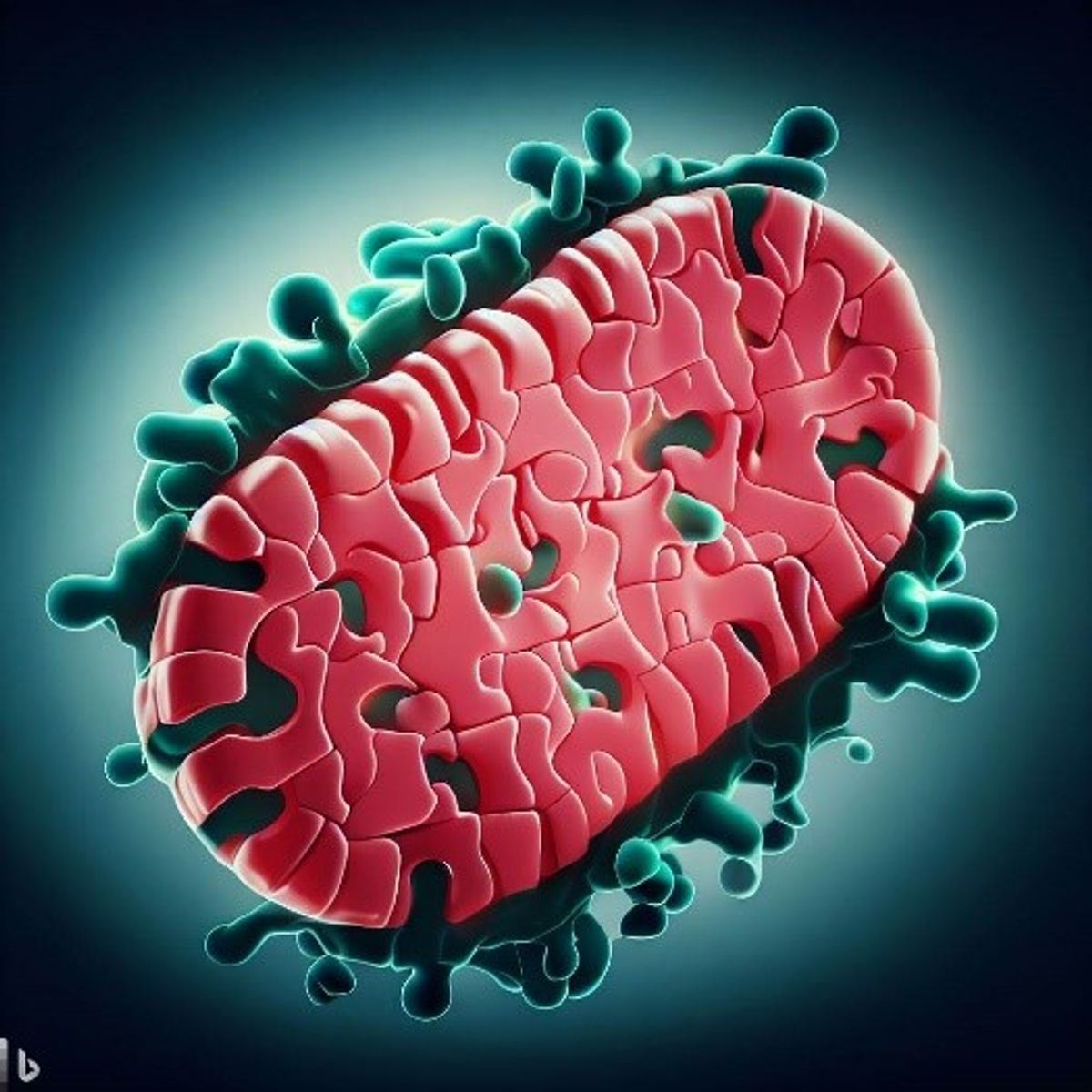
Researchers apply the principles of synthetic biology to address some of the most pressing human health challenges. In what some consider a science and an artform, scientists use bacterial components in creative ways to create synthetic cells for cancer research.
In this episode, Iris Kulbatski from The Scientist’s Creative Services Team spoke with Kate Adamala, an assistant professor at the University of Minnesota and a synthetic biologist working on engineering synthetic cells, to learn more about the latest advances in using synthetic biology for cancer therapy applications.
More on this topic: Building a Synthetic Biology Platform for Drug Delivery

The Scientist Speaks is a podcast produced by The Scientist’s Creative Services Team. Our podcast is by scientists and for scientists. Once a month, we bring you the stories behind news-worthy molecular biology research. This month's episode is sponsored by Namocell – a Bio-Techne brand.
Speaker:

Kate Adamala, PhD Assistant Professor
Genetics, Cell Biology, and Development
University of Minnesota
In the field of synthetic biology where precision and control are paramount, Namocell single cell dispensers are designed for exceptional accuracy and efficiency, allowing researchers to isolate single cells with ease. With Namocell’s technology, scientists can unlock new possibilities in genetic engineering, gene editing, and the creation of customized biological systems, accelerating the progress in this exciting field.